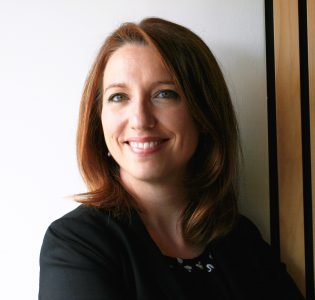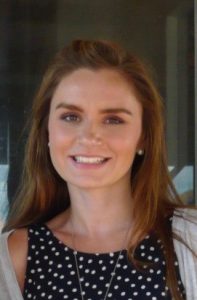The School’s special 50th anniversary colloquium series continues on Wednesday 27 February with a talk from Dr. Stacey Skoretz and Ms. Veronica Letawsky from the School’s Swallowing Innovations Lab.
WHEN: Wednesday 27 February, 12:05-12:50pm
WHERE: Friedman Room 355
TITLE: Spit happens: Exploring saliva and its contribution to swallowing


BIOS:
Dr. Stacey Skoretz, PhD, CCC-SLP, R.SLP
Dr. Skoretz is a medical Speech-Language Pathologist, Assistant Professor at both the University of British Columbia (UBC) and University of Alberta, and Director of the recently established Swallowing Innovations Laboratory (Si-Lab) at UBC. Utilizing a clinical-research framework, Dr. Skoretz aims to improve health outcomes following dysphagia through evidence-based assessment and management. Her research includes understanding the physiological processes underlying cross-system involvement in swallowing following critical illness, engaging patients to ensure patient-centered and individualized therapeutic approaches, and linking research to practice through knowledge synthesis and translation endeavours. In addition to conducting research in both British Columbia and Alberta, she teaches graduate-level courses in the areas of swallowing and motor speech at UBC-Vancouver and works clinically at the University of Alberta Hospital in Edmonton.
Ms. Veronica Letawsky, BSc, MSc (Candidate)
Ms. Letawsky is a M.Sc. candidate at the School of Audiology and Speech Sciences at UBC currently completing a thesis. Her research is focused on changes in the quantity and quality of saliva in individuals with Sjogren’s syndrome and how these salivary changes impact perception of swallowing. Veronica recently completed training in salivary bioscience at the University of California-Irvine’s Institute for Interdisciplinary Salivary Bioscience Research, with support from UBC’s Language Sciences Initiative. She has a diploma in linguistics from UBC and a B.Sc. in biology from the University of Alberta.
ABSTRACT:
Salivary bioscience offers the potential to explore the role of saliva in chronic disease and medically-complex patient populations along with the ability to harness personalized and patient specific interventions. More specifically, changes in saliva in these diagnostic groups can impact swallowing function, contributing to patient outcomes and quality of life. Those with Sjogren’s syndrome (SS) often experience changes in saliva quantity and quality including xerostomia (dry mouth). We will provide an overview of salivary bioscience as it relates to swallowing as well as a protocol for an upcoming salivary biomarker study underway at UBC’s Swallowing Innovations Laboratory (Si-Lab). We will describe our collection methods, sialometric and sialochemical analyses as well as qualitative measures of perception and quality of life. Prospective findings from this and future studies may help to develop personalized salivary and swallowing treatment for those with SS informing assessment and intervention approaches.
We look forward to seeing you there!